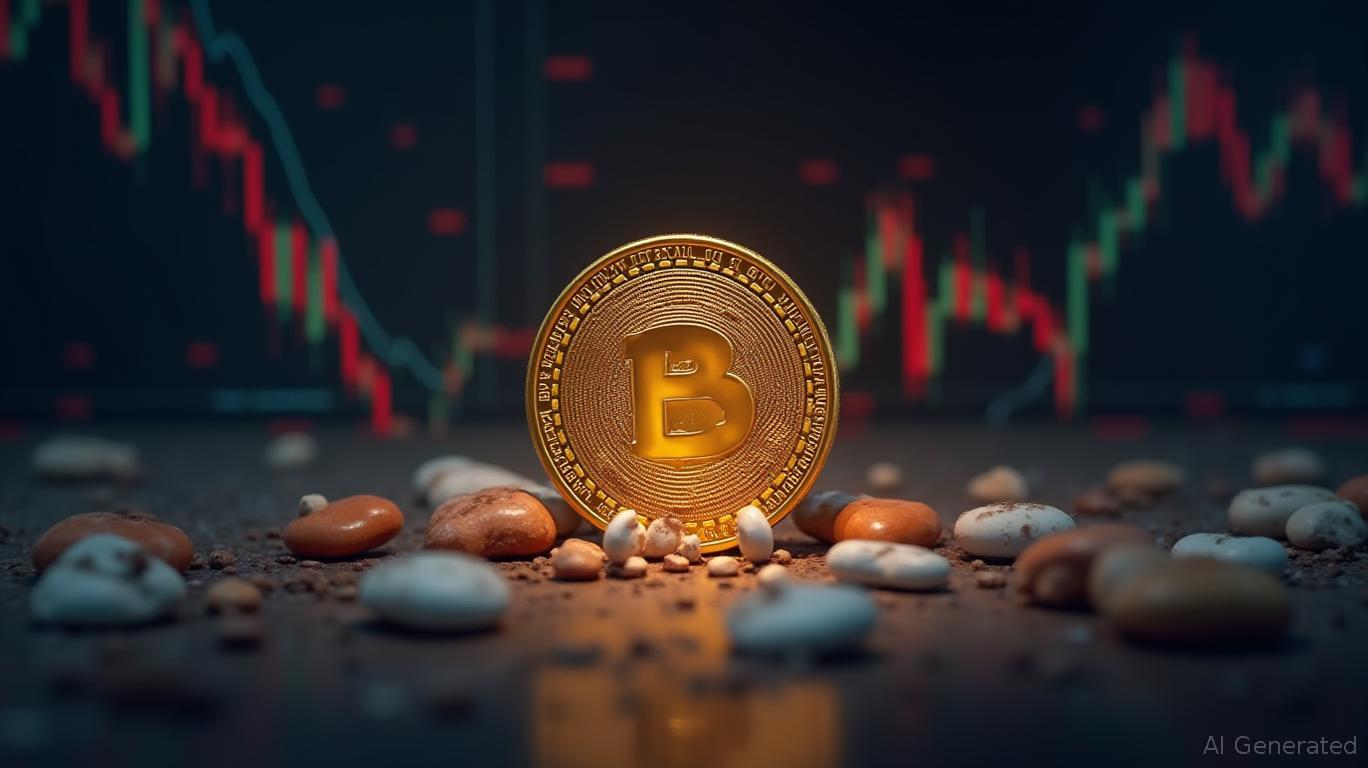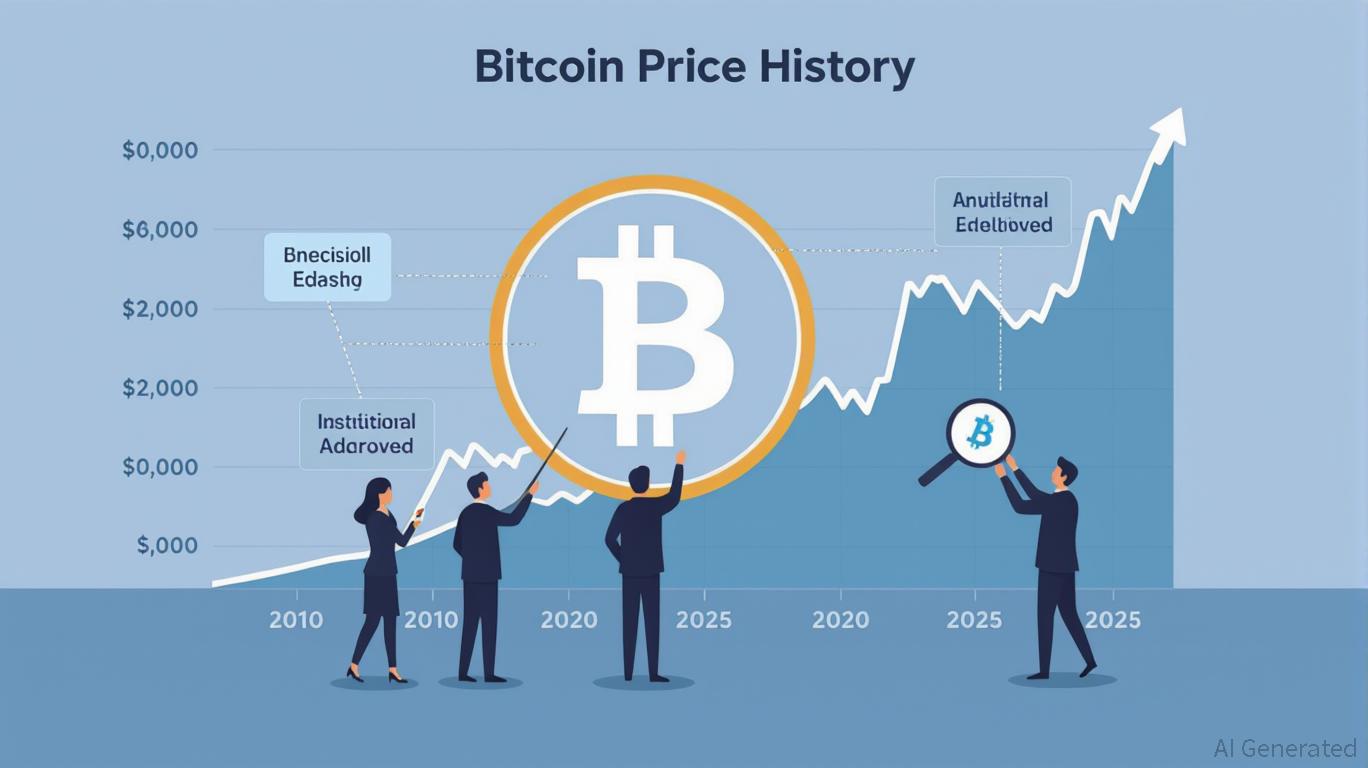Former U.S. Commerce Department Official: Trump Administration May Keep Tariffs Effective Through Other Regulations
William Reinsch, a researcher at the Center on Strategic and International Studies and former senior official at the Department of Commerce, stated that the Trump administration had already prepared for the "tariffs illegal" ruling. "It is well known that this administration had long anticipated this outcome and was formulating a Plan B—presumably aimed at maintaining the effectiveness of the tariff measures through other legal provisions."
In after-hours U.S. stock trading, the market showed almost no reaction to the ruling.
Art Hogan, Chief Market Strategist at B. Riley Wealth, pointed out: "The last thing the market or American businesses want to see is more uncertainty in the area of trade."
Meanwhile, Trump has also become embroiled in a legal dispute aimed at removing Federal Reserve Governor Lisa Cook, a move that could potentially end the independence of the U.S. central bank.
Josh Lipsky, Chair of International Economic Affairs at the Atlantic Council, said: "I think this puts Trump's entire economic agenda on a potential collision course with the Supreme Court. This is something we have never seen before."
Currently, conservatives hold a 6:3 majority in the Supreme Court, which has previously issued a series of rulings favorable to Trump's second-term agenda, but in recent years has also opposed the practice of "granting new powers to the president through broad interpretations of old laws."
This appellate court ruling stems from two cases: one brought by five small U.S. businesses, and another by 12 Democratic-led U.S. states. Both cases argue that the International Emergency Economic Powers Act (IEEPA) does not authorize the imposition of tariffs.
The lawsuit documents state that, under the U.S. Constitution, the power to levy taxes and impose tariffs belongs to Congress, not the president; and any delegation of this power must meet both the "clarity" and "limitation" requirements.
The U.S. Court of International Trade in New York had already issued an unfavorable ruling on Trump's tariff policy on May 28, stating that Trump exceeded his authority when implementing the two contested tariff measures. The three-judge panel of this court included a judge appointed during Trump's first term.
Another court in Washington also ruled that the International Emergency Economic Powers Act did not authorize Trump to impose tariffs, and the U.S. government has likewise appealed that decision. At least eight lawsuits have challenged Trump's tariff policies so far, including one filed by the state of California.
Disclaimer: The content of this article solely reflects the author's opinion and does not represent the platform in any capacity. This article is not intended to serve as a reference for making investment decisions.
You may also like
Dogecoin News Today: Shiba Inu's Bearish Crossroads: Can It Break Free or Fall Deeper?
- Shiba Inu (SHIB) faces a bearish outlook as its price drops 73% from $0.00003330 to $0.00001215, forming a symmetrical triangle pattern. - Technical indicators confirm sustained bearish momentum, with SHIB below the Ichimoku cloud and key moving averages failing to provide support. - Fundamental challenges include declining trading volume ($288M), weak ecosystem growth, and a massive 589 trillion-token supply suppressing demand. - SHIB lags behind Dogecoin in brand strength and utility, while investors s

Resilience in Volatility: Why Enduring Dumps is Key to Capturing Bitcoin’s Life-Changing Pumps
- Bitcoin's history shows asymmetric recovery patterns, rebounding from major crashes (e.g., 2011, 2014, 2022) to new highs within years. - Long-term "hodling" strategy relies on psychological resilience, emotional discipline, and Bitcoin's scarcity narrative to weather volatility. - Institutional adoption (e.g., 2024 ETF approvals) and regulatory clarity have stabilized Bitcoin's volatility while maintaining 24/7 trading dynamics. - Behavioral biases like overconfidence and herding persist, but risk manag

Sharps Technology’s Strategic Pivot to Solana Treasury: A High-Conviction On-Ramp for Institutional Crypto Exposure
- Sharps Technology raised $400M via private placement to build the largest institutional-grade Solana (SOL) treasury, bridging traditional finance and blockchain innovation. - Leveraging Solana’s 7% staking yields and institutional flywheel, Sharps offers equity investors exposure to a rapidly growing blockchain network with Ethereum-like adoption but superior scalability. - Post-announcement, Sharps’ stock surged 70%, reflecting confidence in Solana’s institutional traction and Sharps’ dual-income model

Assessing the Long-Term Viability of Bitcoin Corporate Treasuries in a Crowded Market
- Corporate Bitcoin treasuries surged to $110B in 2025 as ETF approvals and SAB 121 repeal drove institutional adoption, with 961,700 BTC held across 180+ companies. - Harvard and BlackRock's IBIT ETF exemplify Bitcoin's role as inflation hedge, while custody tech and macro trends like Fed rate cuts boosted demand. - Strategy Inc.'s mNAV ratio dropped from 3.4 to 1.57 amid 40% equity dilution and $37.8B deployment plans, exposing risks in Bitcoin-centric corporate models. - Market saturation and ETF compet

